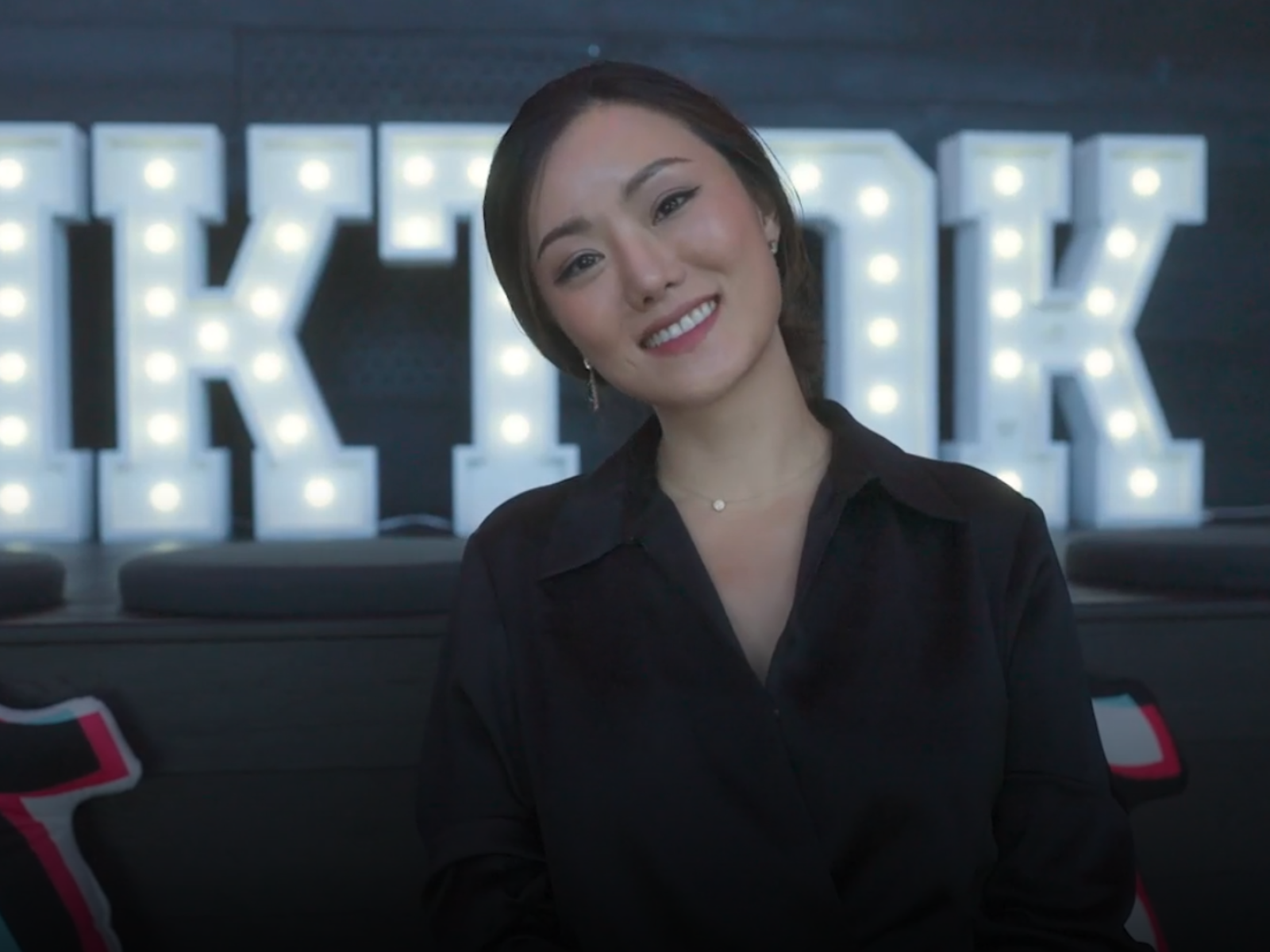From $40K to $400K: How I 10X’ed My Income in a Decade — And the Career Moves That Made It Happen
From $40K to $400K: How I 10X’ed My Income in a Decade — And the Career Moves That Made It Happen
By
Rachel Steinberg
Last updated:
April 29, 2025
First Published:
August 3, 2025

Source: IBTimes UK
At 34, Sora Lee has built a thriving career in the tech industry and now runs her own business. But her story didn’t begin with elite connections or a Silicon Valley pedigree. It started with a $40,000 entry-level salary and an openness to explore.
Over the last 10 years, Lee increased her income tenfold—topping out at $400,000 in annual compensation before launching Kurated Agency, a venture that connects Korean beauty brands with influencers and media outlets in the U.S. As of 2024, she officially crossed the millionaire mark, thanks to a combination of savvy investing, smart career moves, and personal brand development.
Here’s a breakdown of how she did it—and the strategies she believes can help others transform their careers too.
1. Forget Your Major—Build Skills That Travel
Lee graduated from UC Berkeley with a degree in economics and political science—not exactly a direct pipeline to top tech firms. But she landed her first job at TubeMogul, a small ad-tech startup. That hands-on role gave her the exposure she needed to transition into bigger companies like Netflix, Meta, and TikTok.
What mattered most? Adaptability.
“Your degree becomes less relevant with every passing year,” she says. “What matters is whether you’re learning skills that companies across industries will pay for.”
She focused on analytical tools, campaign management systems, and emerging platforms—skills that proved relevant across roles. With tech moving fast and job titles constantly evolving (just look at how AI Prompt Engineering emerged in recent years), she made sure she was never outdated.
Pro Tip:
If you're in college or early in your career, aim to master platforms like Google Analytics, Excel, SQL, Python, or social ad managers. They’re highly transferable and can open doors across marketing, data, and product roles.
2. Treat Interviews Like Research (Not Just a Job Hunt)
Over the years, Lee interviewed at more than 35 companies, even when she wasn’t actively job-hunting. Why? To sharpen her pitch, learn how companies think, and understand her own preferences better.
“Interviewing is like dating. You learn what excites you, what drains you, and what red flags to watch for.”
She kept spreadsheets of interview feedback and job offers. Over time, this helped her increase her salary by 15–25% with every role switch—often exceeding what internal promotions could offer.
Bonus Insight:
According to Glassdoor, switching companies typically results in a 10% to 20% salary bump, while internal promotions average just 3% to 5%.
3. Map Your “Money Skills” — Not Just Your Passion
Lee’s philosophy: passion is important, but income potential matters too.
“In college, people told me to ‘follow your passion.’ But passion alone doesn’t pay the bills.”
Instead, she advises finding the intersection of:
- What you’re good at
- What the market values
- What energizes you
She leveraged her skill in brand partnerships and digital campaigns—areas that companies routinely invest in—and combined them with her personal interest in beauty and storytelling to build her agency.
Take Action:
Make a list of your top 5 professional strengths and identify which ones are most in-demand in your field. Use job boards and salary data to validate your hunch.
4. Own Your Brand and Be Unapologetically You
Lee’s career turned a corner when she embraced her personality—especially through content creation. With over 120,000 followers across platforms, she’s built a personal brand that enhances her professional credibility.
“My social content showed companies like Meta and TikTok that I understood the creator space—not just from a corporate lens, but as a participant.”
Authenticity helped her stand out in interviews, negotiations, and speaking engagements. She now earns an additional $40,000–$60,000 per year through consulting and event speaking.
Quick Tip:
You don’t need to be an influencer. Just share useful content on LinkedIn or write blogs about your field. It shows thought leadership and helps you attract opportunities.
5. Invest Early and Consistently
Aside from increasing her salary, Lee diligently invested in 401(k) plans, Roth IRAs, and brokerage accounts, averaging 20%–30% savings from her income.
She credits compounding interest and index funds for reaching her first $1 million in net worth by age 33.
According to Fidelity, the average self-made millionaire starts investing in their 20s, consistently contributes, and avoids emotional decisions during market downturns.
Popular articles
Subscribe to unlock premium content
Gaming Gold Rush

Luxury on the Streets

The Secret Investment Market of Private Historical Artifacts

Gaming Gold Rush

Luxury on the Streets

Gaming Gold Rush









